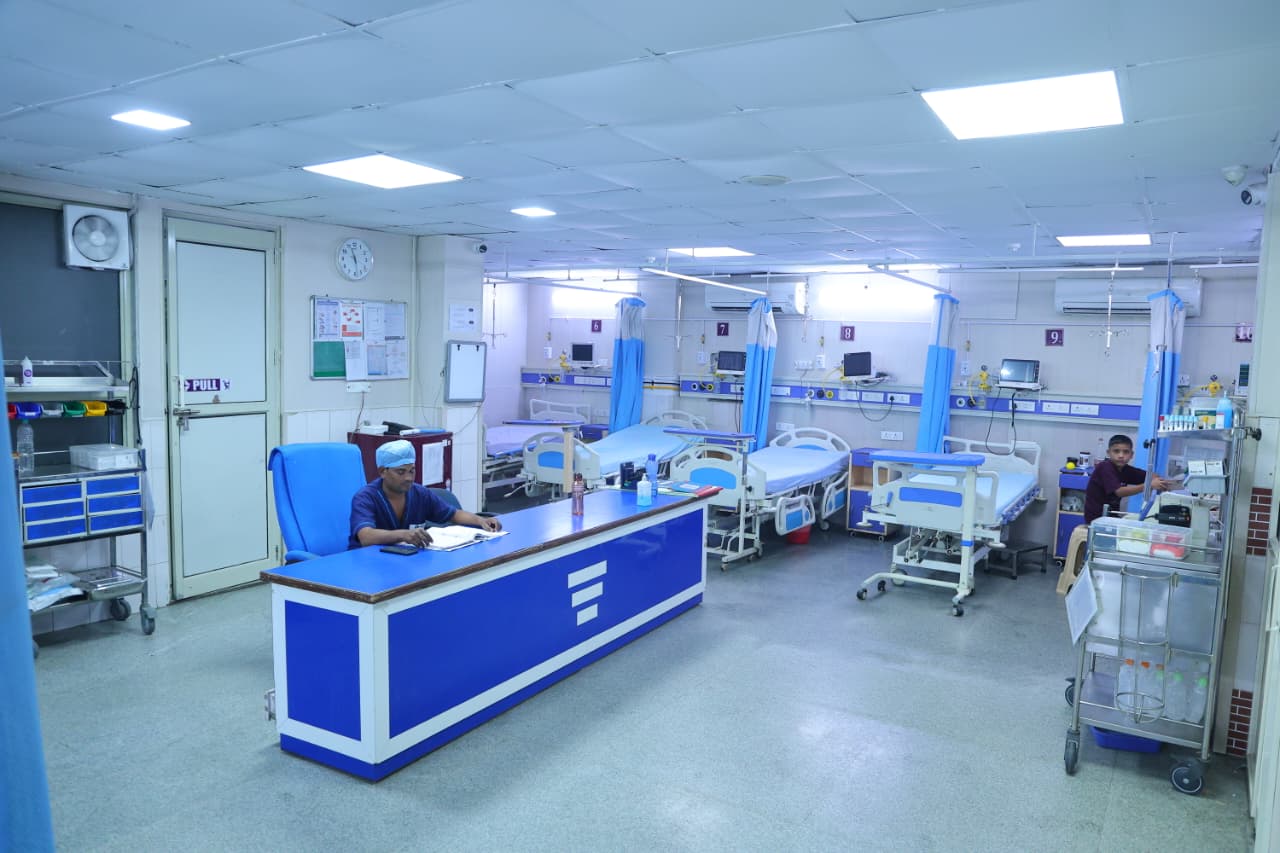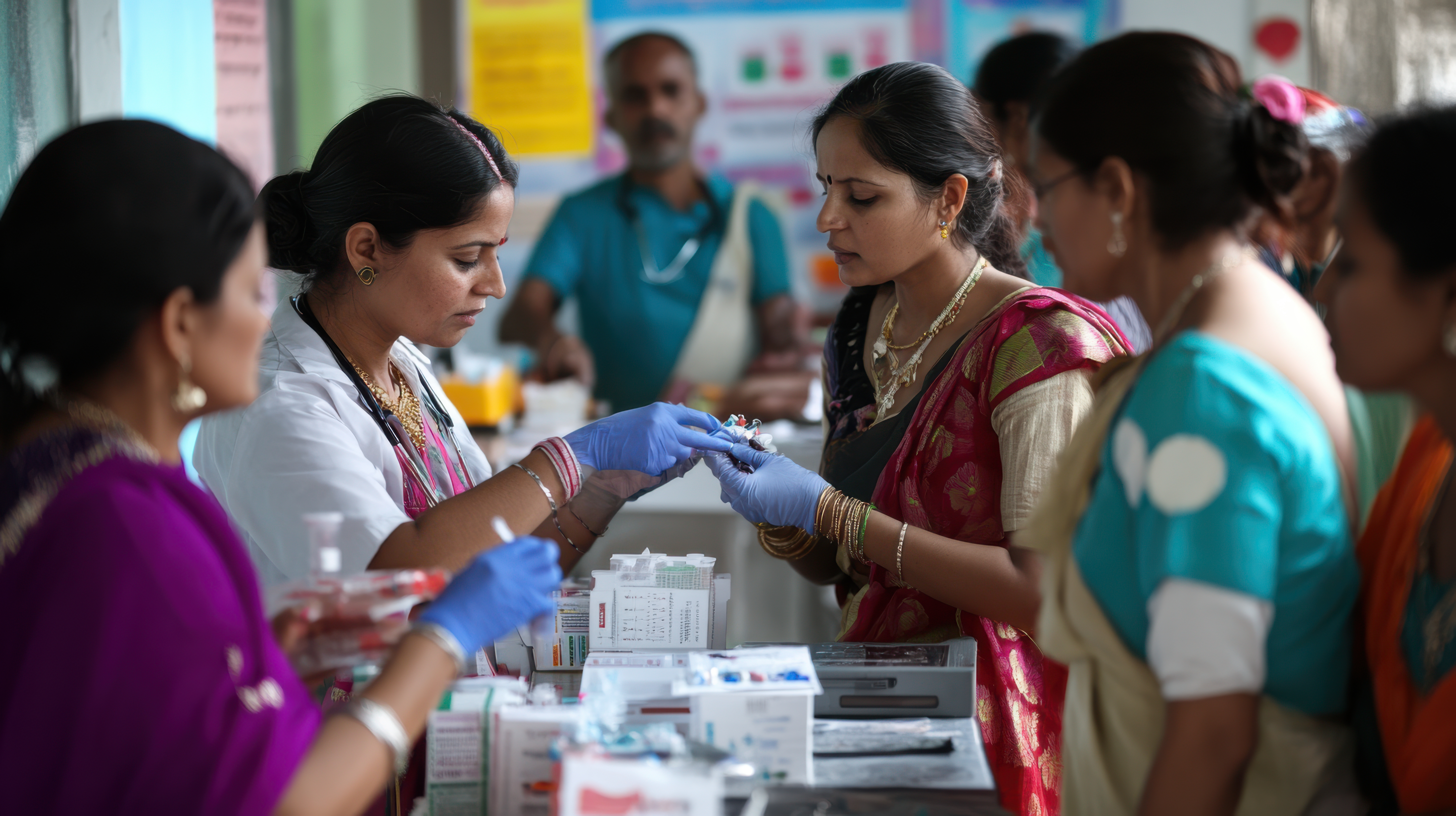
Hospitals today rely heavily on digital systems — from electronic health records to teleconsultations and cloud-based operations. This digital shift has improved accuracy, speed, and convenience, but it also brings a major responsibility: protecting patient data.
Data security in hospitals is no longer just an IT requirement—it is a core part of patient care. Patients trust hospitals with their most sensitive information, and any breach can harm both safety and reputation.
1. Growing Cyberattacks on Hospitals
Hospitals have become prime targets for cybercriminals because they store large volumes of sensitive data. Ransomware attacks, data theft, and system hacks can disrupt operations, delay treatments, and put patient lives at risk. Strong cybersecurity ensures continuity and protects critical systems.
2. Digital Records Need Strong Protection
Electronic Health Records (EHRs) make care smooth and coordinated, but they must be protected carefully. If data is altered or stolen, it can lead to misdiagnosis, wrong treatment, and legal challenges for hospitals.
3. Patient Trust Depends on Privacy
Patients expect complete confidentiality. A single data leak can destroy trust and discourage people from seeking care. Securing data strengthens patient relationships and supports better outcomes.
4. Compliance With Regulations
Healthcare regulations require strict data-protection standards. Hospitals must ensure safe storage, controlled access, and proper sharing of patient information. Non-compliance can result in fines, legal issues, and reputational damage.
5. Smooth Operations and Zero Downtime
Data breaches can shut down hospital systems for hours or even days. Secured networks, updated software, and regular backups help hospitals avoid disruptions and maintain smooth operations.
How Hospitals Can Strengthen Data Security
- Use encrypted systems for storing and sharing patient data
-
- Train staff on cybersecurity best practices
-
- Regularly update software, firewalls, and security patches
-
- Implement multi-factor authentication
-
- Restrict access to only those who need it
-
- Conduct routine audits and backups
Conclusion
Data security is a foundation of safe and reliable healthcare. Hospitals that invest in strong cybersecurity protect their patients, avoid system failures, and build long-term trust. As healthcare continues to digitalize, securing patient data remains one of the most important responsibilities of every hospital.
Recent Posts

Get Free
Consultations
Special Advisors









Future of Hospital Design in India